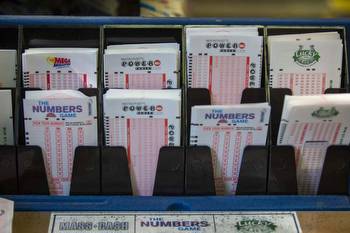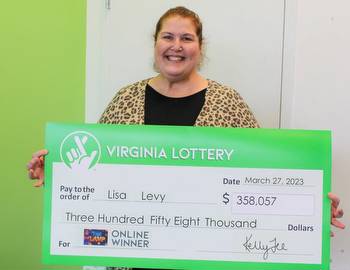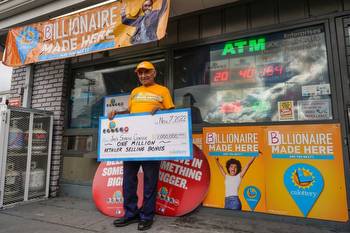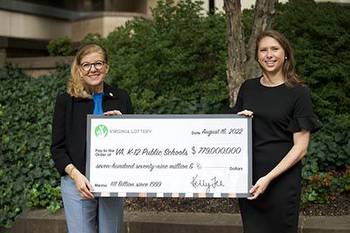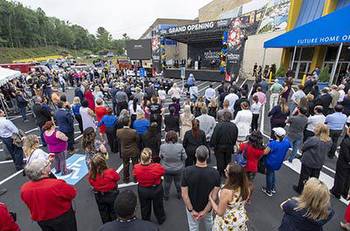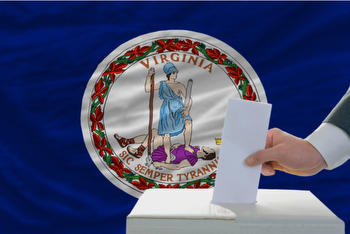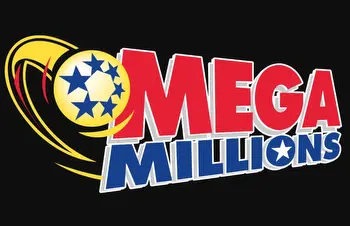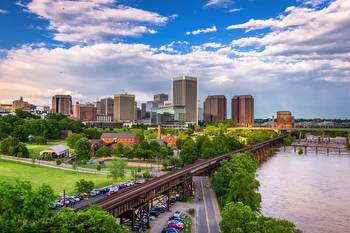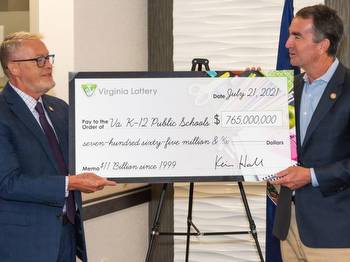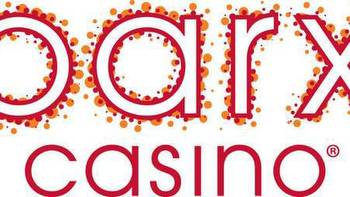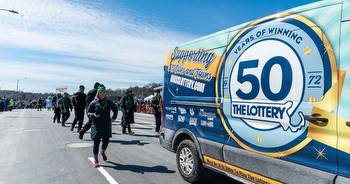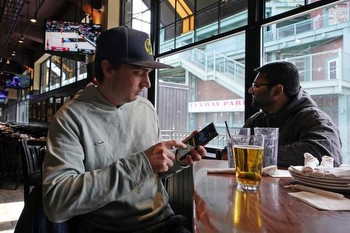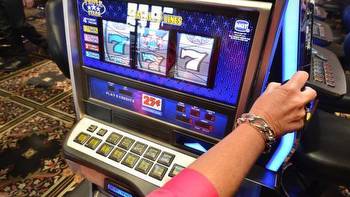Online lottery is wrong way to go
THERE IS A debate about school funding on Beacon Hill that is getting very little public attention.
The annual midsummer rite of the Massachusetts budget negotiation is upon us, as the Commonwealth’s legislators and the governor hash out how we spend approximately $56 billion. The vast majority of the budget will fund programs, services, and big blocks of aid to local and cities and towns, but increasingly the budget – not standalone bills – is also where state policy is enacted and shaped.
This year that includes deciding whether to create an online lottery. If you pay attention to signs outside or inside of your local convenience store, you know that the proceeds from the lottery are passed on to Massachusetts cities and towns in the form of local aid, much of which municipalities use for public schools. In response to the legalization of online sports gambling, the House budget proposal calls to extend the lottery online; the Senate version does not. The fate of an online lottery – and other policy initiatives – lies in a budget conference committee.
The passage of the 1993 Massachusetts Education Reform Act, and its update in 2019 with the Student Opportunity Act, made Massachusetts a national leader in school funding. Not only do we commit a large amount of state funding for public education, we also distribute those funds equitably, providing more money for school districts with less local tax dollars and/or more high-need students.
It is curious that we choose to pair such a progressive funding mechanism with the lottery – which is fundamentally regressive.Lawrence’s school system had such deep performance and financial issues it was placed in state receivership in 2011. Over a period of four recent years, Lawrence businesses sold about $192 million in lottery tickets, but the city only received about $81 million in lottery-based state revenue. The community suffered a net loss of more than $100 million. Twenty miles south, the wealthy town of Carlisle spends more than $20,000 per student in its schools. During that same period, not a single lottery ticket was sold in Carlisle, but the town received nearly $1 million in lottery-based state aid. Massachusetts residents with the least to spend are paying extra for school districts around the Commonwealth.
Keep in mind, an online lottery doesn’t mean buying a Quick Pick on your phone; it would mirror other states that feature casino-like instant games and online scratch tickets. Initial data from newly legalized online sports gambling indicates communities with some of the lowest median incomes – Gateway Cities – had among the highest rates of wagering online. That same March 2023 usage data indicated the average Massachusetts online sports bettor could gamble up to $11,800 per year; the average median income in 2020 in Fall River was $26,493.
Massachusetts voters are smart. Polling from PFP Research last month showed fewer than half of registered voters support the creation of an online lottery. Once voters were informed of two simple facts – that Massachusetts residents already spend the most of any state on their lottery and that online gambling poses health risks – they reject an online lottery by a 20-point margin. And opposition is intense; voters are more than three times as likely to “strongly oppose” than to “strongly support” online lottery.
As a bargaining chip in a much larger budget negotiation, the merits and drawbacks of an online lottery are not receiving public scrutiny. If they did, it is clear that voters would reject it.
The rise of online sports gambling has created a false refrain: “If you can’t beat ’em, join ’em.” When an activity potentially harms Massachusetts residents – particularly those with the least means – we should instead be saying “If you can’t beat them, regulate them.” If a tidal wave of market interest and lobbyists made online sports gambling inevitable, the Commonwealth should be providing more oversight and more aggressively taxing those companies’ growing profits. This could bring in more revenue without Massachusetts making itself another online bookie.With the extended recovery from the pandemic and the specter of oncoming recession, there should be discussion about additional funding for public schools. There has to be a better way than an online lottery.
Will Austin is founder and chief executive of the Boston Schools Fund, a grant-making nonprofit that works to give Boston children more access to high-quality schools.








